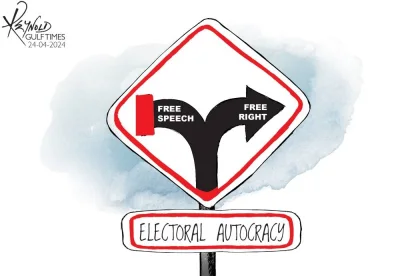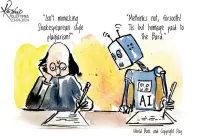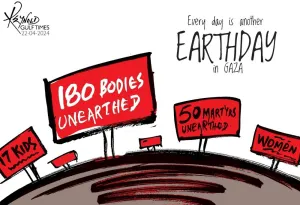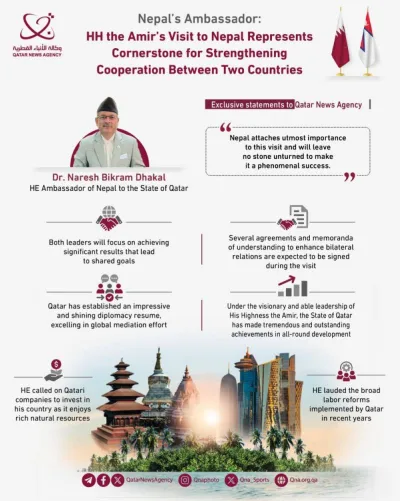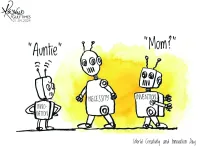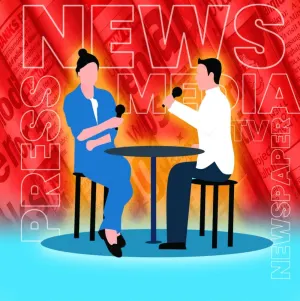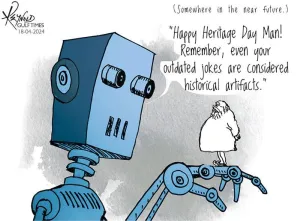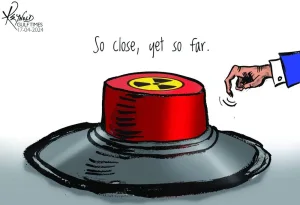Ambassador of Nepal to the State of Qatar Dr. Naresh Bikram Dhakal described His Highness the Amir Sheikh Tamim bin Hamad Al-Thani's visit to Nepal as a cornerstone for consolidating the foundations of cooperation, partnership and building a bright future for bilateral relations."The visit of HH the Amir Sheikh Tamim bin Hamad Al-Thani to Nepal is going to be unprecedentedly historic and cornerstone in the annals of our diplomatic relations," the ambassador said in a statement to Qatar News Agency (QNA).The Ambassador stressed that HH the Amir's visit paves the way for new opportunities and contributes to achieving significant milestones in bilateral relations by further expanding the areas of cooperation and benefiting from the strength and experience of the two countries to achieve mutual benefits, adding: "Both leaders will focus during the talks on achieving significant results that lead to shared goals in development, prosperity, innovation, and growth."The Government of Nepal has therefore attached utmost importance to this visit. With preparations in full swing, the government and people of Nepal are eagerly looking forward to welcoming HH the Amir on the land of Mt. Everest in a visit that we are confident it will be successful by all standards, he said. "Without any doubt, His Highness the Amirs visit will elevate our bilateral relations to a new height, with an extraordinary level of accomplishment. Peoples of both countries will cherish the sweet memories of this visit for years to come," he added.Dr. Naresh Bikram Dhakal expressed confidence that the visit will pave the way for further deepening and broadening cooperation with each other in various fields. "Trade, investment, energy, tourism, ICT, infrastructure development are areas where both countries are highly likely to make partnership creating a win-win situation," HE continued.During the visit, several agreements and memorandums of understanding to enhance bilateral relations will be signed, building on previous agreements. These include cooperation in the fields of press and information, health, education, higher education and scientific research, power sector, and cultural cooperation, among others, he said.HH the Amir's visit to Nepal is also expected to open up the various avenues of bilateral cooperation between the two countries such as trade, tourism, agriculture, investment, education, science and technology, and culture, the ambassador explained, adding the countries have signed memorandums of understanding and agreements over the past few years in various fields, including manpower employment, air service, economic, commercial and technical cooperation, avoidance of double taxation, human rights, abolishing visa requirements for the diplomatic and official passport holders, security cooperation, agriculture, and food security.The Ambassador further explained, "Over the years, bilateral ties between our two countries have witnessed steady progress through cooperation in various areas including labor field. Qatar has become one of the popular destinations among Nepali migrant workers in the past two decades. Nepali workers have made significant contributions in the overall development of Qatar involving construction, agriculture, service sectors and so on."In this context, HE Dr. Naresh Bikram Dhakal pointed out that the Nepali community is one of the largest expatriate communities in Qatar. They have been contributing to infrastructure development, including all stadiums for FIFA World Cup 2022 and other facilities.A Bilateral Agreement Concerning Nepali Manpower Employment in the State of Qatar was signed on Mar. 21, 2005, with its additional protocol signed on Jan. 20, 2008. The agreement aims to protect and promote the interests of the workers in the State of Qatar and regulate the supply of Nepali manpower to the country, HE the Ambassador stated, while praising the care and attention the Nepali community receives in Qatar and lauding the broad labor reforms implemented by Qatar in recent years to ensure the rights of migrant workers. They include the establishment and operationalization of Qatar Visa Centres (QVC), the non-requirement of exit permits, and the implementation of non-discriminatory minimum wages, among others. He added: "As a result, Nepali migrant workers have largely benefitted from the reforms introduced."He touched on trade exchanges between the two countries and said despite modest bilateral trade between the countries, they have gained momentum in recent years. Nepal exports carpets, food products, textiles, and leathers to Qatar, whereas Nepal imports polyethylene, gold jewelry, electronic equipment and parts, and textiles from Qatar, he noted."Obviously, the bilateral trade is in favour of the State of Qatar. We need to further expand our trade exchanges to the levels that the two friendly countries aspire to," the ambassador continued.Considering Nepal's huge potential in hydropower, tourism, agriculture, ICT, and urban development, His Excellency, in his statement to QNA, called on Qatari companies and Qatari businessmen to invest in his country.Thanks to its topography, Nepal is very rich in natural resources, especially in hydropower, a clean energy source. Nepal needs foreign investment to harness its rich water resources. Thus, investing in Nepal is beneficial for Qatari investors, he said."Likewise, Nepal is famous for its nature, culture and adventure. As a top tourist destination, Nepal offers several investment opportunities in the tourism sector. We desperately need foreign investment in this sector also. Many Qatari climbers climbed the world's highest peak Mt. Everest in Nepal. Having a keen interest in the mountaineering of the Himalayas, the trend of visiting Nepal from Qatar is growing," the ambassador continued.Agriculture, manufacturing, ICT, health, education, transportation, mines and minerals, and urban development are other promising areas in Nepal for foreign direct investment, the envoy highlighted.On this note, he extended an invitation to Qatari businessmen to participate in the upcoming Investment Summit organized by the Nepalese government from Apr. 28 to 29 to attract international attention and interest in investing in Nepal."Under the visionary and able leadership of His Highness the Amir, the State of Qatar has made tremendous and outstanding achievements in all-round development ranging from socio-economic advancement to infrastructure building to human resource development to advancement in science and technology to sports. Holding world-class events like FIFA World Cup 2022, the 2006 Asian Games, AFC Asian Cup 2023, Doha Forum, and Expo 2023 Doha is a testimony to the fact that Qatar stands on the world map with impressive progress and distinct strength," he said, leaving a lasting impression in the hearts and minds of people worldwide."The envoy also commended Qatar's active and effective diplomacy on the global stage, noting that the State has established an impressive and shining diplomacy resume, excelling in global mediation efforts. "The political and economic openness of the State of Qatar has significantly contributed to the maintenance of world peace and security, humanity and prosperity taking centre stage," HE added, highlighting that Nepal can benefit from Qatars prosperity through elevated diplomatic ties; thus further accelerating economic cooperation, foreign direct investments, bilateral trade, and people-to-people connections.Regarding Qatar's prosperous economy, the ambassador noted Qatars economy is one of the regions strongest economies and one of the worlds most promising ones. Qatar has maintained balanced growth rates despite global challenges and has enhanced its economic position on the world map in accordance with the policies in line with the Qatar National Vision 2030, laying the foundations for a diversified and competitive knowledge-based economy.At the end of his remarks to QNA, the ambassador of Nepal to the State of Qatar Dr. Naresh Bikram Dhakal pointed out that since establishing diplomatic relations in 1977, the two countries have enjoyed cordial, intimate, and excellent relations based on friendliness, mutual trust, respect, understanding, support and cooperation. He affirmed that his government attaches great priority to its relations with the State of Qatar.

